Nigeria has fully repaid the $3.4 billion loan it received from the International Monetary Fund (IMF) during the COVID-19 pandemic—well ahead of schedule. This bold step, completed on April 30, 2025, reflects Nigeria’s tightening grip on fiscal discipline and is already reshaping how global investors view Africa’s largest economy.
A Lifeline Turned Legacy
The loan, granted under the Rapid Financing Instrument (RFI) in 2020, was a critical cushion during Nigeria’s most turbulent months. With collapsing oil prices, rising healthcare costs, and a strained economy, the IMF package helped Nigeria sustain public health, protect the vulnerable, and prevent a total economic collapse.
Fast-Tracked Repayment: A Fiscal Masterstroke
While originally structured for long-term repayment, Nigeria cleared the debt years ahead of the timeline. According to IMF Resident Representative Christian Ebeke, the only remaining dues are minimal Special Drawing Rights (SDR) charges—about $30 million annually until 2029.
The repayment was made possible by stronger external reserves and fiscal reforms, signaling maturity in Nigeria’s economic governance.
Nigeria Off IMF’s Debtors List
In a major status upgrade, Nigeria has been removed from the IMF’s list of debtor nations. This positions the country for stronger leverage in future international financial dealings, joining a small but growing list of nations that have cleared their pandemic-era debts.

Strategic Shift: From Dependence to Partnership
Presidential aide O’tega Ogra praised the move as a sign of renewed transparency and strategic independence. Nigeria remains an IMF member, but now steps into a new role—as a partner, not a dependent.
Still a Long Road Ahead
Despite this success, Nigeria’s total external debt stood at $44.9 billion as of December 2024, including:
- $15.6 billion to Eurobond holders
- $14.5 billion to the World Bank
- $4.3 billion to China’s Exim Bank
- $2.2 billion to the African Development Bank
Experts warn that debt sustainability is still a pressing issue. Fiscal consolidation, diversified revenues beyond oil, and structural reforms—particularly in infrastructure and technology—are critical for sustained progress.
Investor Sentiment on the Rise
With this IMF exit, foreign investor confidence is likely to rise, potentially leading to improved credit ratings and reduced borrowing costs. However, Nigeria must navigate challenges like inflation, exchange rate instability, and high youth unemployment to maintain momentum.
Also Read: Nigerian Farmers Grapple with Water Scarcity Amid Climate Change



